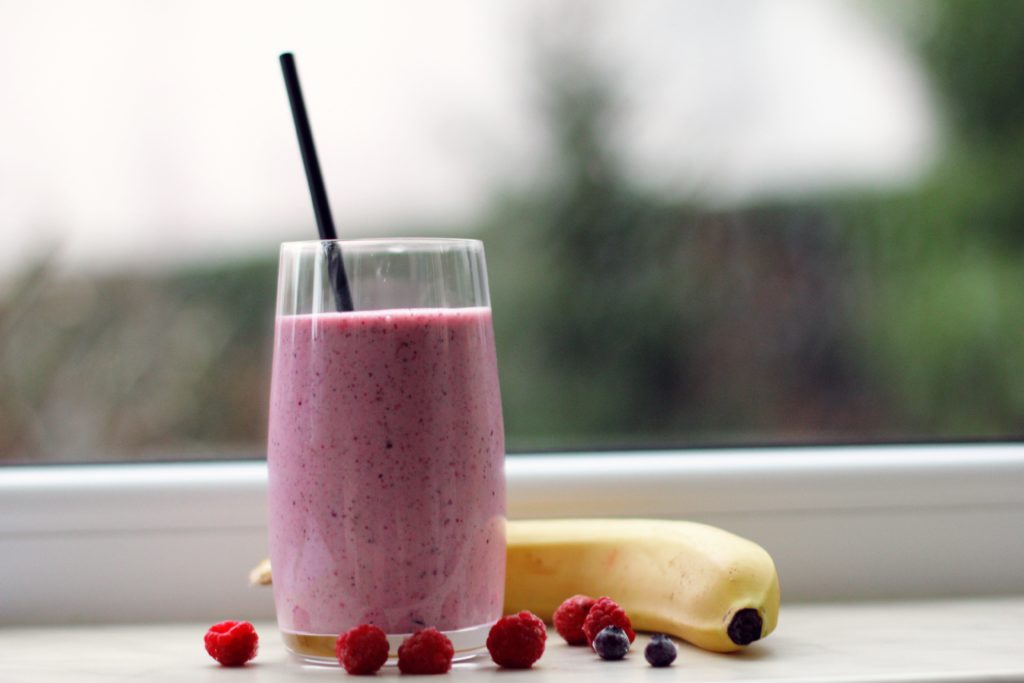Most of us are well aware that carbs are king when it comes to endurance sport. We often have the notion that high protein needs and specific protein timing is more important for heavy lifters at the gym. However, emerging research highlights the importance of protein for endurance athletes. In fact, protein needs for endurance athletes are just as high (and sometimes even higher!) as for strength-trained athletes.
Functions of Protein for the Endurance Athlete
Protein plays a variety of roles in the body including: production of enzymes and hormones, cell structure, fluid balance, immune function and energy production. For athletes specifically, protein’s role in muscle tissue repair and rebuilding is critical. However, for endurance athletes, protein can also contribute up to 10% of energy burned during workouts (see here).
Protein Needs
Recent studies (here and here) have demonstrated that protein needs for endurance athletes is likely somewhere in the range of 1.8-2.0 g per kilogram of body weight. To give some context, the International Society of Sport Nutrition recommends a range of 1.4-2.0 grams per kilograms for all athletes. Traditionally, endurance athletes were thought to be on the lower end of that range, when in fact, they benefit from a higher protein intake.

Type of Protein
Food sources of protein vary in quality and digestibility. Much of this is determined by the types and quantities of amino acids in the protein. Amino acids are protein building blocks, and there are 9 essential amino acids that the body cannot produce on its own and therefore relies on food sources. Animal-based proteins tend to contain all essential amino acids, making them complete proteins. Plant-based proteins (which the exception of a few like soy and quinoa), typically do not contain all essential amino acids. The body can still build complete proteins from the various amino acids consumed throughout the day. But in order to benefit from protein pre and post exercise, consuming a complete protein may be most beneficial.
Branched-chain amino acids (or BCAAs) are popular for their potential role in muscle recovery. However, recent research shows in most cases, taking a BCAA supplement doesn’t provide any further benefit if you are consuming adequate and high quality sources of protein (see here).
However, research shows that one BCAA in particular, leucine, may play an important role in muscle protein synthesis after exercise. While BCAAs taken on their own likely have little benefit in muscle recovery, having a protein rich food that contains adequate leucine may be of some benefit.
Whey protein (a dairy protein) is one of the best options because of its amino acid profile and digestibility. For this reason, many athletes use whey protein isolate as a recovery beverage.
However, there are lots of great food options for recovery. Here are a couple of choices that would contain all essential amino acids, as well as 2 grams of leucine:
- 600 milliliters skim milk
- 1 cup plain Greek yogurt
- 375 grams plain regular yogurt
- 900 milliliters soy milk (this is obviously a large serving size, but it demonstrates that you would need to consume a lot more soy milk vs skim milk in order to get 2 grams of leucine).
Protein Timing
While including enough carbs in your pre-workout snack is essential, adding protein can be beneficial as well. This paper outlines how endurance athletes benefited from faster recovery when having protein before a high-intensity endurance workout.
It may also be beneficial to take in some protein during a workout that lasts longer than an hour. Same goes for if you are doing multiple workouts per day. More protein is used as energy during these workouts, so there is a higher risk of muscle breakdown. Taking in some protein (along with your carbs) may help prevent this and aid with better muscle recovery.
Endurance athletes may also be more sensitive to protein timing after a workout. For this reason, it’s recommended to get a high-quality protein sources within 30-60 minutes of a workout. Aim for about 20 grams of protein.

Bottom Line and Recommendations
- Endurance athletes can benefit from improving protein quality, quantity, and timing in their diet
- Aim to get about 1.8 grams protein per kilogram body weight
- Have moderate amounts of protein frequently throughout the day (every 3-5 hours)
- Including protein in your pre-workout snack will be beneficial, as well as including some protein during your longer workouts as part of your fuelling plan.
- Aim to get a moderate amount of protein (about 20 grams) within 30-60 minutes of finishing a workout.
Looking for some high protein recipes to include in your training diet? Check out our popular High Protein Cottage Cheese Pancake recipe and our High Protein Pumpkin Cottage Cheese Pasta Bake recipe!
Do you want to develop an individualized fuelling plan that will take you to your next PR? Contact us to book a free clarity call!
Take it one bite a time,
Cara






